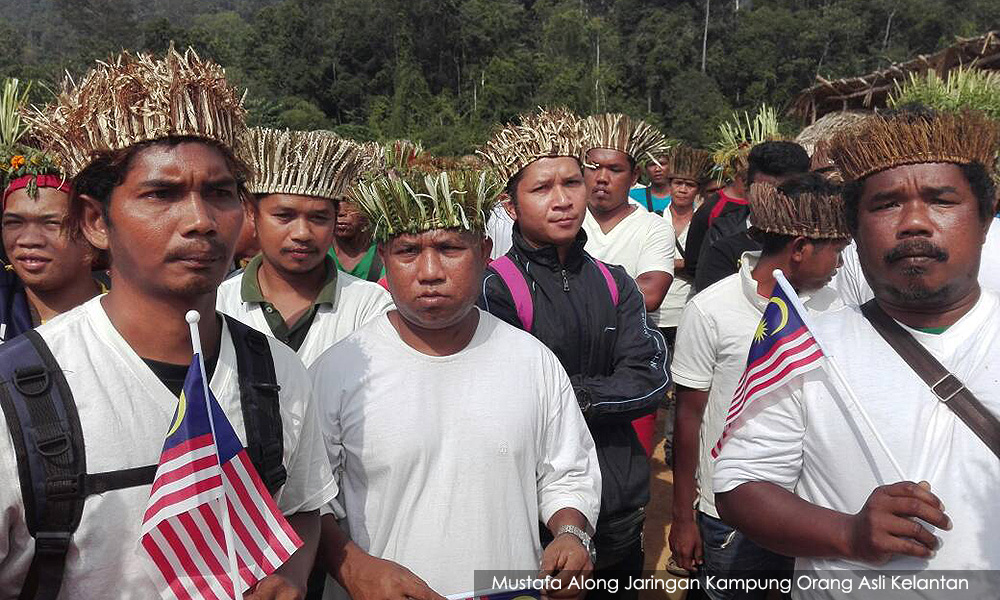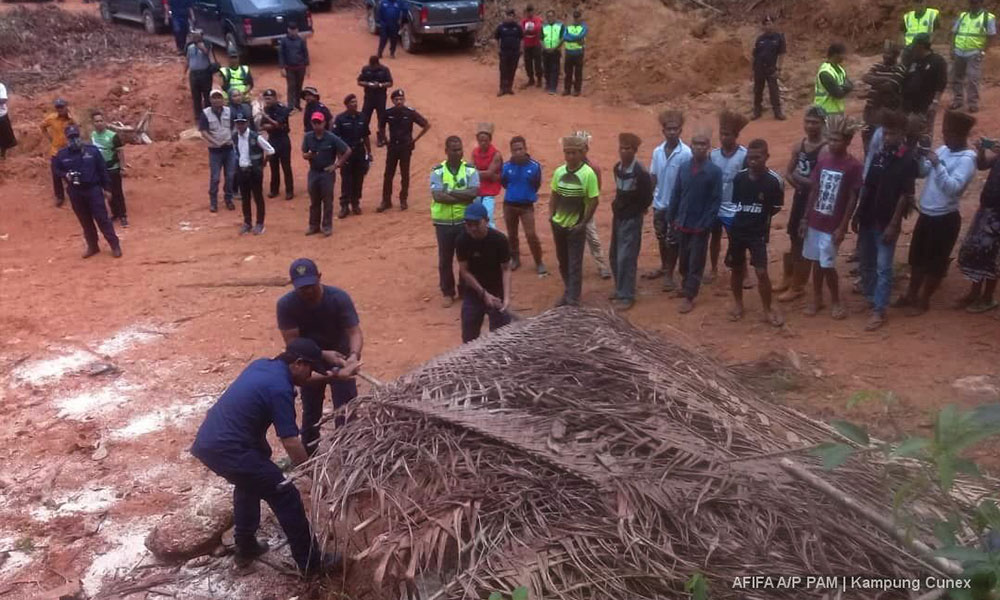COMMENT | As the politics based on “race” continues to preoccupy our politicians, we would be wise to instead focus on the issues that benefit the “people”, namely, the climate crisis, the toxic pollution of our environment, the continuing destruction of our parks and forests, the displacement of our indigenous peoples and marginalised communities for so-called “development”.
Any policy based on “race” is seriously flawed and questionable, since every ethnic community has its rich elite and its poorer majority. After more than 45 years, the race-based New Economic Policy has mainly benefited the crony capitalists of Umno as well as their non-Malay capitalist partners.
Khazanah Research Institute’s (KRI) State of Households 2018 revealed a steady increase in the income gaps between the Top 20 percent (T20), M40 and B40 groups since the 1970s. The socio-economic class cohesion among the Malaysian ruling elite of various ethnic origins demonstrates the irrelevance of ethnicity as a basis for unity.
And hypocritically, the same elite perpetuates the political myth of the paramount importance of the communal racial divide as a basis for policy, a narrative that has dominated Malaysian society since Independence.
It is clear that these racially discriminatory policies have failed in their stated purpose of either lifting up bumiputera in the B40 or encouraging the “entrepreneurial spirit” among bumiputera who instead are able to generate wealth through access to get-rich-quick schemes involving rent-seeking. On the contrary, the culture of cronyism has become the hallmark of this race-based policy.
Racism obscures class exploitation
The ostensible justification to “correct the racial imbalance” in the economy purposefully obscures the relations of class exploitation by portraying poverty and inequality as a product of unequal distribution among the “races”.
The main victims of racism and racial discrimination in Malaysia are the non-bumiputera working class, the indigenous peoples of East and West Malaysia, and migrant workers.

The non-bumiputera working class and the Orang Asli have no access to affirmative action benefits, since they are not classified as “princes of the earth”, while the indigenous peoples of East Malaysia do not enjoy the same privileges as the Malays in the peninsula, even though they are considered bumiputera. Migrant workers are treated as mere commodities, or even as vermin that have to be periodically “flushed out” when it suits the state.
Time for an alternative sustainable path
Nearly 20 years ago, in 2001, Suaram, together with other concerned NGOs, organised a conference titled 'People Before Profits: The Rights of Malaysian Communities in Development'. Communities which had been victims of so-called “development”, unfettered capitalism and unaccountable privatisation projects came together with Malaysian NGOs to share their experience of recent years and to discuss an alternative sustainable path to development.
It is surely time for a ‘People Before Profits 2.0’ conference in the light of the recent proliferation of horror stories of environmental destruction, oppression of indigenous peoples and non-accountability of developers and their state accomplices.
The pattern in Malaysian development has become entrenched, a pattern of projects that put 'Profits Before People' and thus:
a) disregard the rights of communities and the democratic process;
b) engender growing disparities between rich and poor, East and West Malaysia, rural and urban sectors, men and women; and
c) engage in environmental degradation and victimisation of marginalised communities.
The prevalent ideology of economic growth has dictated that development is geared toward ever-increasing growth in production, construction and consumption. This ideology presumes that there is a “trickle down” effect to benefit those at the bottom of the social heap, a trickle down of benefits for which there is little, if any, evidence.
Instead, in most of these cases, the efforts by the communities to mobilise support for their survival and to organise resistance have been met by state violence, the police, enforcement officers as well as by gangsters employed by the companies concerned.

This has been seen recently in the smashing of the blockades set up by the Temiar community of Kampung Tasek Asal Cunex, Perak (photo above), as well as blockades by the Penan and Berawan ethnic communities at the Mulu national Park in Sarawak.
Community resistance and empowerment
It is vital for Malaysian democracy and sustainable development that communities are empowered in their struggle against the misconceived projects and the accompanying oppressive methods used to push them through. Other communities throughout Malaysia have carried on the fight for a safe living environment free from radioactive and toxic contamination.
Their commitment to the struggle, leadership and community solidarity should be emulated by all Malaysian communities. They have shown us that direct action is about empowering people to unite as individuals with a common aim: to change things directly by our own actions. More importantly, it is time for people in all communities to form a solidarity and activist network for a peoples’ and green movement in Malaysia.
In other words, there is a need for a radical consensus for change, for all oppressed peoples to reaffirm our common values, to understand the forces shaping change and to create our own vision for the future. Sustainable development, planning to meet basic needs, decentralisation, democracy and solidarity are the best guarantee for Malaysian ecology, food security and the rights and interests of the people.
Time for the 'people', not 'races', to unite
It is time for the people to say “No” to race-based policies and irresponsible destruction of the environment; the victimisation of the Orang Asli and other indigenous peoples in senseless projects; blatant pollution by factory owners; mindless proliferation of highways and land reclamation of our seas; forcible evictions of communities for questionable property development projects; and the sacrifice of irreplaceable natural and cultural heritage.
It is time to say “Yes” to planning guided by a highly mobilised labour movement and high level of participation in civil society.
Thus, to make democracy work in an equitable way, we need to step up our demands from outside Parliament. Democracy is more than simply voting once in five years for, as we have recently found out to our cost: “If voting in the general elections ever changed anything, they would have abolished it by now!”
KUA KIA SOONG is the adviser of human rights NGO Suara Rakyat Malaysia (Suaram).
The views expressed here are those of the author/contributor and do not necessarily represent the views of Malaysiakini.

